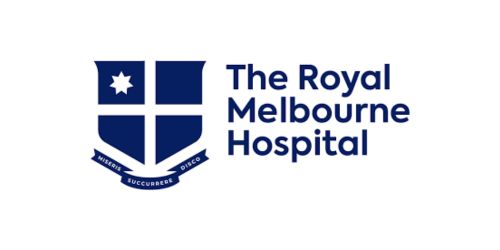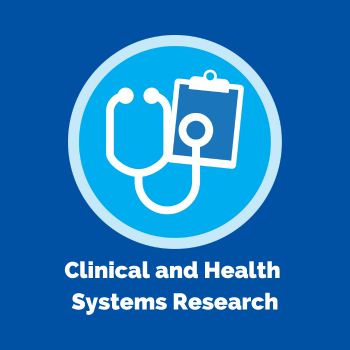A wide range of research groups at the Doherty provide opportunities for clinicians to undertake graduate research.
These include areas ranging from basic virology, bacteriology, parasitology and immunology, pathogen genomics, antimicrobial resistance and antibiotic allergy, clinical trials, epidemiology, infections in pregnancy and public health. While the majority of our clinician graduate researchers are Infectious Diseases Physicians and/or clinical microbiologists, we also have allied health professionals undertaking research.
Collaborations
We offer local collaboration with the Victorian Infectious Diseases Service (VIDS), the Department of Infectious Diseases at the Austin Hospital, Clinical Microbiology at The Royal Melbourne Hospital, the Victorian Infectious Diseases Reference Laboratory (VIDRL).
Linkages are also available at The Walter and Eliza Hall Institute (WEHI), Peter MacCallum Cancer Centre and the Royal Women’s Hospital.





Clinical Graduate Research Pathways
The Doherty Institute offers a range of training pathways for post graduate researchers and clinicians to gain skills and qualifications across our areas of work, including antimicrobial resistance, bacterial and parasitic infections, clinical and health systems research, computational science and genomics, discovery research, global health, immunology, Indigenous health, public health and viral infectious diseases.

Above is an overall outline of a clinician graduate research training pathway at the Doherty – this may vary on a case by case basis.
Doherty Institute areas of work
Graduate Certificate in Infectious Disease Epidemiology
Doherty Institute Epidemiology is coordinating a Graduate Certificate in Infectious Disease Epidemiology through the University of Melbourne's School of Population and Global Health.
The Graduate Certificate in Infectious Disease Epidemiology provides the baseline skills necessary to work in the field of infectious disease investigation, monitoring, reporting, decision making and research. Within this degree, students will learn to use surveillance data, investigate outbreaks, and analyse and interpret information from studies of infectious diseases.
Meet our clinician graduate researchers
We asked our current graduate researchers to tell us about their research, explain why they chose to study at the Doherty Institute and also provide some advice to prospective PhD applicants.
-

Dr Alex Stewart
Dr Alex Stewart is an Infectious Diseases Physician undertaking a clinical PhD at the Doherty Institute with the McCarthy Group, investigating the role of cytochrome polymorphisms in primaquine metabolism and effects on its activity in radical cure of Plasmodium vivax infection.
-

Elise Mitri
Elise Mitri is a Clinical Pharmacist undertaking a PhD at the Doherty Institute with the Trubiano Group, investigating multi-disciplinary health services approaches to low-risk penicillin allergy delabelling.
-

Dr Michael Moso
Dr Michael Moso is an Infectious Diseases Physician undertaking a clinical PhD at the Doherty Institute with the Lewin Group, investigating nanoparticle and gene therapy approaches to HIV cure.
-

Dr Neta Petersiel
Dr Neta Petersiel is an Infectious Diseases Physician undertaking a clinical PhD at the Doherty Institute with the Tong Group, investigating if MRSA β-lactam susceptibility phenotypes and genotypes associated with treatment response and clinical outcomes in MRSA bloodstream infections.
-

Dr Oulie Xie
Dr Ouli Xie is an Infectious Diseases Physician undertaking a clinical PhD at the Doherty Institute with the Tong and Davies Groups, investigating the evolution of streptococcal pathovars.
-

Dr Rendi Moke
Dr Rendi Moke is a Physician undertaking a clinical PhD at the Doherty Institute with the Coin Group, investigating treatment outcomes on the shorter treatment regimen among drug resistant tuberculosis with various mutations.
-

Dr Stephen Muhi
Dr Stephen Muhi is an Infectious Diseases Physician undertaking a clinical PhD at the Doherty Institute with the Stinear Group, investigating novel strategies to diagnose and control emerging infectious diseases, with particular interest in Buruli ulcer.



